Wow! We are off to a great start this week in the studio. You are working hard and making this second half of 2016 your best. We love seeing your positive attitude, determination, and willingness to give 100%! Thank you! The summer is great time to try one of our new classes, to give your workout routine a kick! Who's up for a good challenge in our KickBoxing or KettleBell class? Or you can come release some tension and try our TransFlex class! Come join us Friday mornings at 6 AM for a FREE running group! In addition to working out, you know that nutrition is such a crucial part of your transformation. While I was in Arizona, I learned about the importance of your gut health and now I want to share some important information with you!
The colon (gut) has at least 500 different kinds of bacteria! Wow! One of these bacterias is the bifidobacteria making up the majority of the "good" bacteria that is in your gut. This good bacteria is benefitted by the intake of probiotics. Probiotics can help your digestive track and help take up the space in your stomach that could be taken over by a less healthful product or organism. Probiotics can be found in foods that have live and active cultures. A great source of probiotics is found in yogurt, kefir, Kombucha, and sauerkraut.
It is important to choose yogurt products that are made with milk from cows that eat organic food. Additionally, try to choose yogurt or kefir that does not have any added sugars, colors, or flavors that have been added by heat after that were fermented. The best way to know if you are choosing yogurt that has the probiotics you need is to see if it has the LAC seal, standing for Live and Active Cultures. We encourage you to add more probiotics into your diet and then help the probiotics by eating more fiber, too!
Example of Greek Yogurt with Live & Active Cultures seal
Fiber is important for overall health, but it is found that around 90% of Americans do not meet the recommendation for dietary fiber. Women should work to eat 25 grams per day and studies encourage you to have 40-50 grams of fiber, in order to have optimal gut health. Adding fiber and probiotics to your diet can help the amount of probiotics in your colon, improving your health.
Here are some fiber-filled foods you can add to your diet!
- Avocado- 1/2 cup serving size with 8 grams of fiber
- Raspberries- 1 cup serving size with 8 grams of fiber
- Lentils, cooked- 1 cup serving size with 15.6 grams of fiber
- Black beans, cooked- 1 cup serving size with 15 grams of fiber
In addition to your dietary needs, it is important to focus on your exercise, time spent resting, and the amount of sleep you get each night. As you know, exercise is such an important part of whole body health. Regular exercise can help you have a greater diversity of bacteria in your stomach. Sometimes we forget that rest is needed for whole body health. Stress can add to the amount of adrenalin your body gives off and therefore speeds up everything occurring in your body. As a result, adrenalin can cause your food to pass through too quickly and can lead to a negative impact on your stomach's health. Take time each day and week to add in time to rest. Lastly, a lack of sleep can alter your appetite and weight. You should try to sleep 7-9 hours each night. In order to improve your sleep, try to cut out fatty foods, alcohol, and caffeine before you go to bed and work towards eating at least three hours before you go to bed.
Enjoy these new recipes that add in more probiotics and fiber to your meals!
Flora-Flourishing Meal in a Jar
- 1/2 cup Greek yogurt
- 1/2 cup plain Kefir
- 1 teaspoon real maple syrup
- 2 tablespoons whole grain oats
- 1 tablespoon chia seeds
- 1 teaspoon ground cinnamon, plus additional for sprinkling
- 1/2 cup frozen mixed berries
- 1 tablespoon sliced almonds or nut of choice
In a mason jar or bowl, combine yogurt, Kefir, syrup, oats, chia seeds, and ground cinnamon. Let stand 5 minutes. Top with frozen mixed berries in jar or layer the mixture. Sprinkle with cinnamon and top with almonds. Refrigerate overnight or up to two days.
Barley/Farro Black Bean Salad
- 1 cup of barley or farro, cooked according to package directions
- 1 15-oz. can black beans, rinsed
- 1/2 cup corn or edamame, (thawed if frozen)
- 1 roasted red bell pepper (from jar), diced
- 2 large garlic cloves, peeled and minced (about 3/4 teaspoon)
- 1/2 cup chopped fresh cilantro or Italian parsley
- 1 tablespoon red-wine vinegar
- 2-3 tablespoons lemon juice
- 2 tablespoons extra-virgin olive oil
- Salt & freshly ground pepper, to taste
Combine all ingredients in a medium bowl. Stir gently to combine! Enjoy!
Try to add fiber and probiotics to your diet this week. You can do it! If you would like to meet with our nutrition consultant, Katie Woodall, please email us at transfitathens@gmail.com to set up a 1-1, 30 minute session. This 1-1 session will allow you to talk about you specific nutrition, meal planning, give you new recipes to try, and a plan to succeed! Let's finish this week strong! Let us know if you have any questions!
Blessings,
Team TransFit





